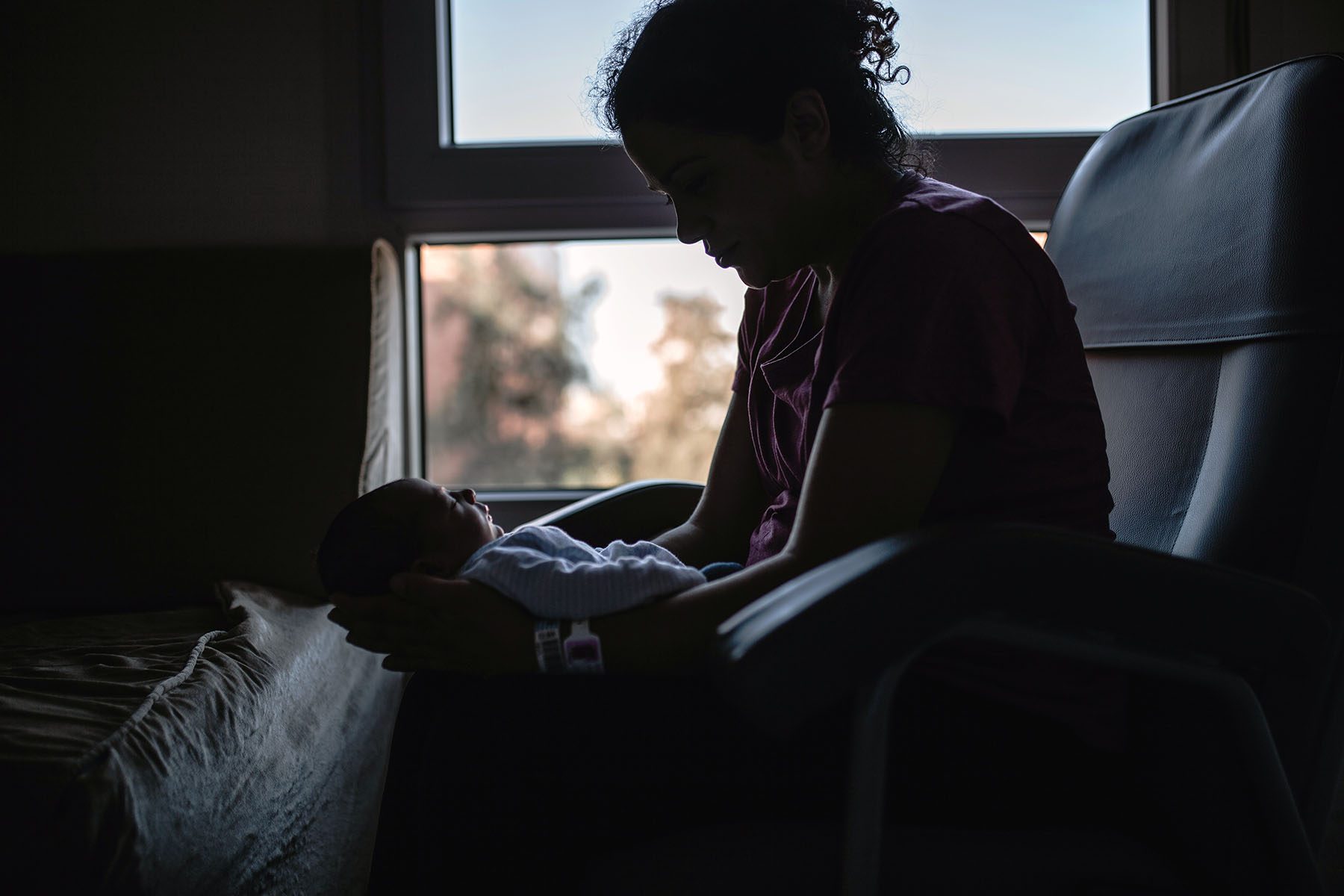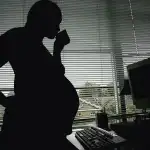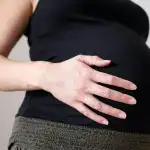In an announcement first shared with The 19th, the U.S. Department of Health and Human Services (HHS) has announced that California, Florida, Kentucky and Oregon are extending postpartum Medicaid and Children’s Health Insurance Program (CHIP) coverage from 60 days to a year. About 126,000 families across these four states could be impacted by this expansion, a move the administration believes could make a dramatic impact on pregnancy-related deaths.
According to an HHS report, one in three pregnancy-related deaths occur between one week and one year after a person gives birth. About half of all births in the United States are covered by Medicaid. Without this kind of expansion, those same parents lose their health insurance coverage roughly two months after delivery of a child.
“The first year after giving birth is a critical period — and families deserve the peace of mind knowing they will be able to access the health care coverage they need, without interruption,” HHS Secretary Xavier Becerra said in a statement.
These four states now join seven others that have worked with the Centers for Medicare & Medicaid Services (CMS) and opted to expand postpartum Medicaid and CHIP coverage. CMS is currently in talks with nine additional states and the District of Columbia to enact similar expansions. Should all these states also opt to expand Medicaid and CHIP for postpartum people, 720,000 would be eligible for access to health care. Reports from state maternal mortality review committees have found that over one-third of all pregnancy-related deaths occur in those who were covered by Medicaid at the time of their child’s birth. Because many people are able to qualify for Medicaid during pregnancy but lose eligibility for coverage after childbirth, experts believe expanding coverage to 12 months would help save lives.
When Illinois became the first U.S. state to expand Medicaid coverage for birthing parents to 12 months after birth in April 2021, reproductive health experts cheered the move as one that would have an immediate, life-saving impact, especially for people of color. Per the Centers for Disease Control and Prevention (CDC), the United States has twice the pregnancy-related death rate of other wealthy nations, and Black women are three times more likely than White women to die within a year of childbirth. These racial disparities exist regardless of education and income level.
Rates of pregnancy-related deaths in the United States have steadily increased since the CDC began tracking them in 1987. Cardiovascular conditions and infections or sepsis are the two largest causes of pregnancy-related deaths, accounting for over one-quarter of all such deaths between 2014-2017. Nearly 7 percent of these deaths in that period were for unknown causes.
In a statement released during this year’s Black Maternal Health Week in April, CMS Administrator Chiquita Brooks-LaSure stressed the organization’s commitment to reach out directly to and work with states to improve health outcomes for birthing parents. She added, “For too long, ingrained racism in our health care system has created devastating disparities in the care people receive and the health outcomes they can achieve. These disparities can be a matter of life and death.”
According to a December 2021 issue brief by the office of HHS’ Assistant Secretary for Planning and Evaluation, if all states extended pregnancy-related Medicaid eligibility to 12 months postpartum, the proportion of pregnant Medicaid beneficiaries who would remain eligible for the full postpartum year would increase from 52 percent to 100 percent, representing approximately 720,000 people annually with expanded coverage. Gains in postpartum eligibility would be largest for individuals with incomes between 138 and 250 percent of the federal poverty level. These individuals often have incomes too high to qualify for Medicaid in their states, while still leaving health insurance otherwise unaffordable because they do not earn enough to qualify for premium tax credits on the health insurance marketplace.
By expanding coverage to a full 12 months, those who have just given birth no longer have to worry about continuity of health care during that first year of parenting. Data examining Medicaid expansion more broadly in the United States has already shown that doing so results in the lessening of racial disparities when it comes to health outcomes for Black Americans.
“This is a significant step forward in our efforts to improve maternal health and equity across the country,” Becerra said in today’s statement about these four states joining in postpartum Medicaid expansion. “I applaud California, Florida, Kentucky, and Oregon for joining our efforts to support healthy parents and babies, and call on other states to work with us in expanding access to this critical care.”







